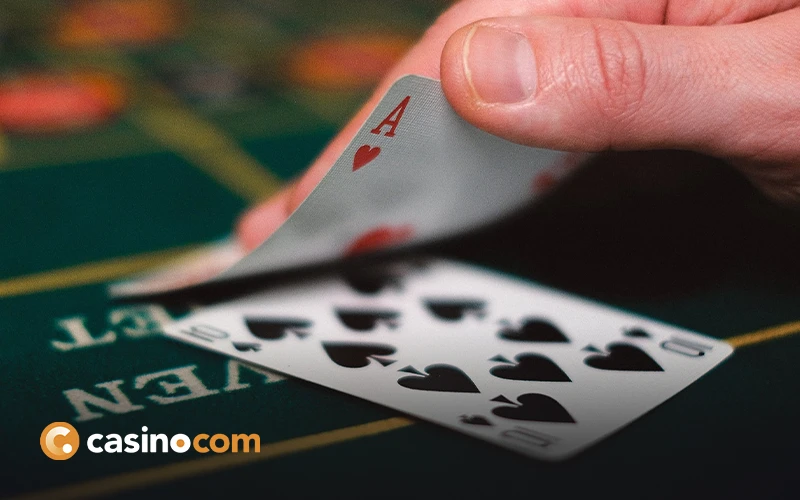New Jersey has been one of the pioneers in the online gambling industry. Now, a new proposed bill could change things for online casino and sportsbook operators in the Garden State. Se. John Mckeon has proposed Bill S3064, which would effectively double the tax rates for online casinos and sports betting operators.
The bill first came onto the radar of publications in March. Now, it has officially been introduced to the Senate. It has been referred to the Senate State Government, Wagering, Tourism and Historic Preservation Committee as the next step in the process.
New Jersey Tax Hike
The bill, S3064, was formally introduced by Se. John Mckeon. The proposal would increase the tax rates for online casino and sports betting to 30% in total. As of now, online sports betting operators pay 14.25% in taxes while iGaming is at 15%. There is also 2.5% that goes to the Casino Reinvestment Development Authority.
In a similar move, Illinois is also looking to increase its tax rate. Currently, they are also at 15% for sports betting and are looking to up the rate to 35% for fiscal year 2025. The change could bring more than $100 million in additional tax revenue to the state.
Not a New Move
The move by New Jersey isn’t a new one in the online gaming industry. As a matter of fact, New Jersey would be following in the footsteps of neighboring states Pennsylvania and New York. Both have some of the highest tax rates for online gaming in the country. In Pennsylvania, operators pay 36% while New York requires a 51% tax rate.
The move has paid dividends for those states. Since the official launch in January 2022, New York has taken in more than $1.7 billion from online sports betting and casino gaming revenue. New Jersey, meanwhile, has taken just under $300 million of the $26.1 billion handle. At 30%, that handle would have been $609.7 million.
Conclusion
Though New Jersey would not be the first to raise taxes for operators of online slots, blackjack, roulette, and other casino games, it would be a big change. The tax rate would jump up to 30%, still quite a bit lower than others.
There is still a lot of ground to cover before the bill could potentially take effect. If it passes, it could be a domino effect for other states that offer sports betting and online casino gaming. It will also set the stage for states that pass legislation in the future.




